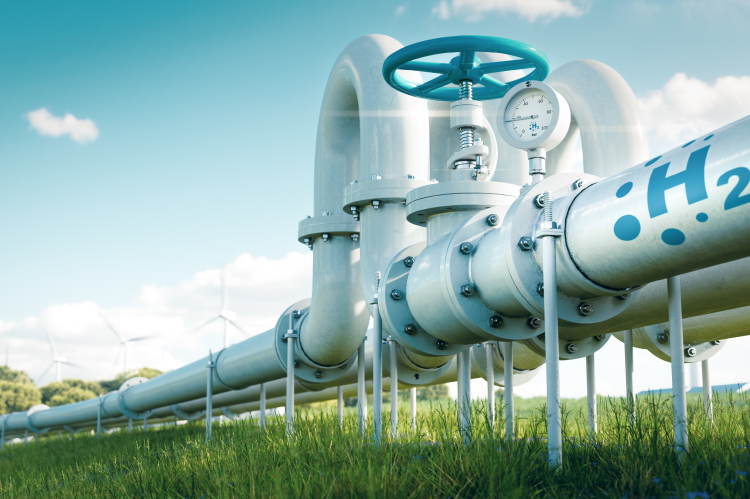Spain Bolsters Hydrogen Revolution in Europe with New Green Hydrogen Pipeline

Mallorca is set to inaugurate Spain’s first hydrogen pipeline on Thursday, September 19, 2024, marking a significant step towards a decarbonized future. The project, spearheaded by Redexis, aims to showcase the potential of renewable hydrogen in powering islands worldwide.
The 3.2-kilometer pipeline will transport green hydrogen produced at the Lloseta plant to the Cas Tresorer station in Palma, the island's primary gas distribution hub. This initiative, part of the international 'Green Hysland' project, will benefit over 115,000 households and 2,000 businesses.
Mallorca is set to become the first H2 hub in southwestern Europe to develop a long-term roadmap for a widespread hydrogen economy. The project intends to replicate this model in other island regions, including Madeira, Tenerife, Aran, the Greek Islands, Ameland, Chile, and Morocco.
According to Redexis, hydrogen will enhance the integration of renewable energies into the Balearic Islands' energy system, promote sector coupling, and drive the region towards full decarbonization. The project is expected to inject up to 575 tonnes of hydrogen annually, reducing CO2 emissions by 3,829 tonnes.
The pipeline will link production and consumption points, enabling integrated operation across six deployment sites. These include a ferry terminal, a hotel, a hydrogen refueling station, and the EMT bus depot in Palma.
The launch of this infrastructure is expected to rapidly decarbonize the islands' energy supply and associated sectors, reduce reliance on mainland fuels, and lower electricity costs.
Secretary of State for Energy Sara Aegesen, President Marga Prohens, and Redexis CEO Fidel López Soria attended the inauguration ceremony. The Green Hysland project involves over 30 organizations, companies, and technology centers, with the European Union providing ten million euros in support.
